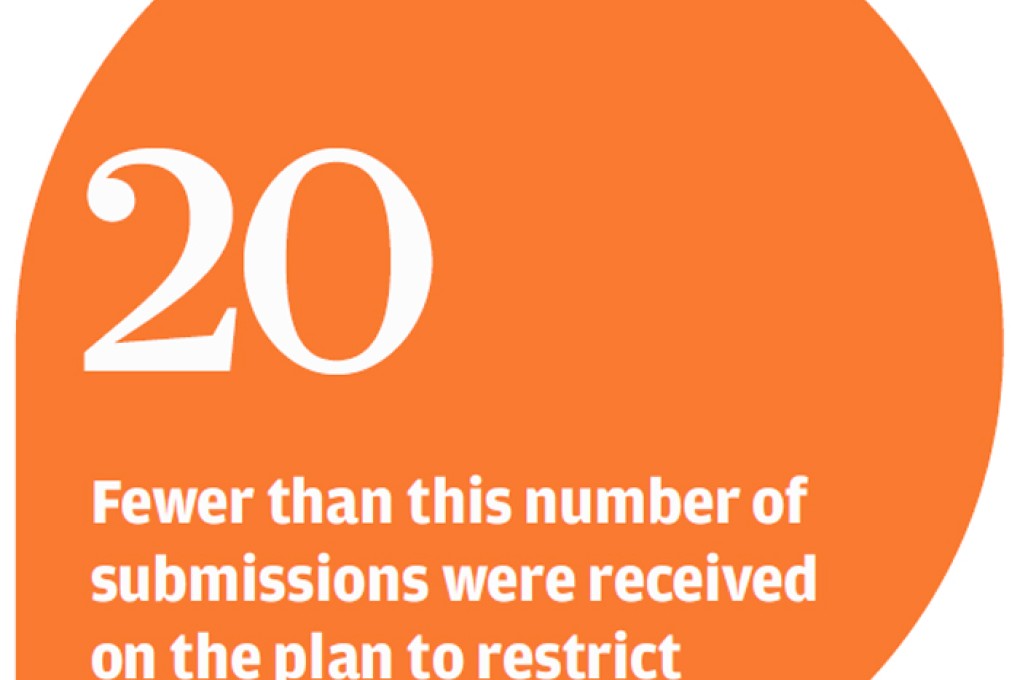'Disappointing' response on access code investigation
But the content of the submissions received are substantial, says the Ombudsman

Fewer than 20 submissions have been received by the Ombudsman a month after he announced an investigation into the proposal to restrict the city's access to information code, the watchdog's office told the South China Morning Post yesterday.

"Fewer than 20 submissions is disappointing," said Mak. "People are more concerned about what they regard as imminent social issues, such as a shortage of milk powder."
But she said access to information had a direct impact on journalists, who need easier access in order to fully explain news events to the community. The issue eventually affects the whole community, she said.
"Our press freedom keeps tightening," Mak said "Compared to many advanced countries, Hong Kong is very much behind regarding access to information."
The Office of the Ombudsman said it did not find the number of submissions disappointing, because those received were substantial documents.
"Many submissions provide us with a lot of relevant information for consideration," the office spokeswoman said. They were sent in by individuals and organisations, she said.